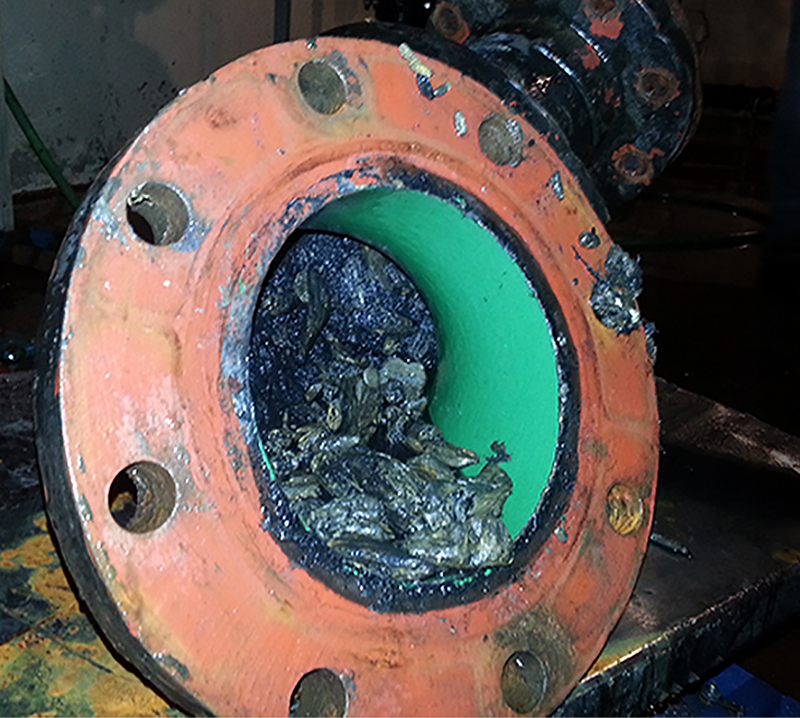Fats, oils and greases (FOGs) are typically found in foods like meats, dairy products and cooking oils. Most of the time, FOGs are not soluble and don’t mix well with water. When not disposed of properly and FOGs are poured down drains or toilets, they can clog pipes, cause wastewater overflows or obstruct District pump stations and sewer lines.
risks Of FOG down drains
Drains back up and block water flow in your home. The last thing you want in your home is a slow draining pipe . Or worse, one that’s completely plugged. When you pour FOGs down your drain, you’re putting your pipes at risk for build up and blockages. Over time, FOG build up can become so thick that water flows backward into your kitchen sink or your basement, depending on the location of the clog.

Stinky kitchens and bad odors from pipe build-up. As you’re preparing food or washing dishes, the last thing you want to smell is a nasty odor. Pouring FOGs down the drain can create a breeding and feeding ground for gross bacteria. Eventually, you’ll start to notice unpleasant smells from the drain.
Local wastewater systems clog or, worse, break down. Putting FOGs down your drain not only creates problems for your home’s plumbing, but creates issues for wastewater systems on a larger scale. As FOG flows down the sewer line, serious build-up and blockages in our pumping stations and sewer lines can result. Fatbergs can also form. Fatbergs are solid, rock-like masses of FOGs combined with other non-flushable items like baby wipes, paper towels or wipes labeled flushable (hint: they’re actually not.)
Whether build-up, blockages or fatbergs, FOGs damage our equipment. When District infrastructure needs repair, not only does it cost the communities and public ratepayers we serve money, neighborhoods can be at a higher risk for sewer overflows.
Tips for Proper disposal of FOGs
- Never put fats, oils or greases down drains or in toilets.
- Let FOGs harden in the pan, then scrape to the garbage.
- Pour FOGs into a can or sealed container, let cool, then toss in the trash.
- Soak up FOGs with an absorbent material, like newspaper or paper towel, and place in the trash.
- Add a strainer to your sink and dishwasher to capture solids.
For larger quantities of FOGs (from fryers, for example), the City of Madison has a cooking oil recycling program for residents. Restaurants and larger industrial food production entities should research grease traps and cooking oil collection services for their business.
Remember, the simplest way to protect your drains is to flush only the Ps: pee, poo, puke and (toilet) paper. You can learn more about nonflushables and items that shouldn’t be flushed in the Pollution Prevention section of our site. For more tips delivered by email six times per year, sign up for our e-newsletter offering helpful info on caring for our local waters.






